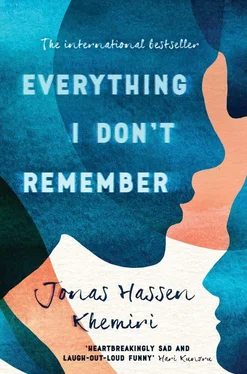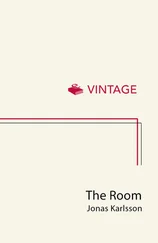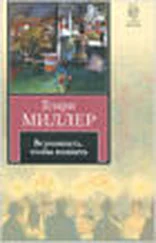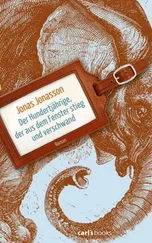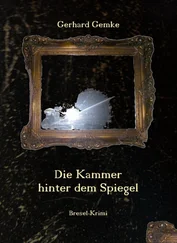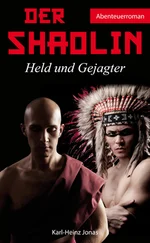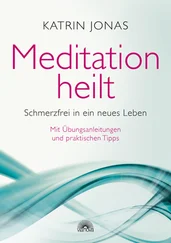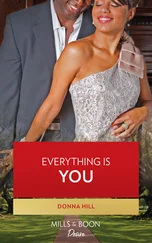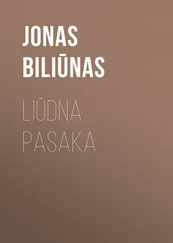*
In early July, Samuel called and his voice sounded like he’d been running.
“Are you at home?”
I was about to say “of course.” But instead I said:
“Yes. What’s going on?”
“We need your help.”
I had my shoes on before he had even told me what was up. I ran down the stairs just as he was saying that there had been “trouble at the house.”
“The house?” I asked.
“Yeah, Grandma’s house.”
Apparently someone who shouldn’t have been there had been there and the women were frightened, so Samuel and Laide were on their way over and he said it would be really great if I could come by too.
I was already on my way, I knew the deal, they couldn’t call the police so instead they called me, they needed some muscle for backup, they needed an extra brain to handle the situation. Samuel texted me the address and I started running toward the house, then I saw on the map how far it was, turned back to the apartment, and grabbed Samuel’s bike.
It was our rule from the start that the house had to be kept a secret. I had told this to everyone who moved in.
“This is a temporary refuge and there are several people here who are under threat, so be careful who you give the address to.”
But one day Bill contacted Nihad and claimed that he knew where she was. He included the address of the house and described in great detail what he would do to her once he found her. We went over. Samuel wanted us to call Vandad right away.
“Why?” I asked.
“For safety reasons.”
I don’t really know how sumo-sized Vandad was supposed to make the women any safer, but I let Samuel call him. I thought it couldn’t hurt to have more than two of us. And Samuel guaranteed we could trust Vandad.
*
I whizzed toward Hägerstensvägen, I fought my way up Personnevägen, I flew across the E4 bridge. I tilted like a motorcycle through the curve onto Älvsjövägen. When I arrived, Samuel and Laide were still on the commuter train.
“Wait down by the mailbox,” said Samuel. “Don’t go in by yourself, we don’t know whether he’s still in the house or not.”
I waited by the mailbox, I planted my legs wide between the two stone pillars at the bottom of the hill. I gazed up at the house that wasn’t a house. It was a palace. It had three stories and a large yard and a separate garage. Even if it was painted brown and the curtains were drawn, it wouldn’t have been totally out of the question to make a hip-hop video here. The honeys in bikinis could chill on the terrace, the guest rappers could park their Lexuses on the gravel hill, you could put the grill full of steaks and the coolers of frosty forties over there by the bushes. I stood there lost in my thoughts until I noticed Laide and Samuel running toward me from the station.
They were holding hands. Their hair was the same shade of black. They ran in perfect rhythm, although one was running with knees as high as a gazelle (Laide) and the other was running as if he didn’t want his body to leave the ground (Samuel). There are few things as difficult as running while holding hands, and I remember that when I saw them I thought: Okay. Maybe they are meant for each other. Maybe I just have to accept it. Maybe I was wrong.
Although their faces were clouded with worry, they looked happy. Samuel hugged me and thanked me for coming. Laide nodded and headed up the hill.
“Wait here,” said Samuel. “We’ll go up and check it out. Keep an eye out.”
“For what?”
“A blue Saab station wagon,” Laide called.
I stayed put. I laid Samuel’s bike down across the gravel path like a roadblock. I imagined that there was a hip-hop video shoot taking place behind my back and that I was in charge of security, I liked the feeling, I was in the right place at the right time and I kept an eye on every car that approached. They were mostly Volvos and Audis and BMWs and Mercedes, and the occasional Toyota Prius. Fifteen minutes passed. Half an hour. Samuel called and said that they were almost finished.
“Is everything okay? Do you want anything?”
“No, I’m fine,” I replied. “I have everything I need.”
No blue Saab station wagon ever appeared. When Samuel and Laide came back down the hill, they thanked me for my help, they said everything had gone just fine, but I don’t know exactly what they meant by that. “Fine” as in they had learned that the guy had been apprehended? “Fine” as in the girl he had threatened was going to move somewhere else?
“Can I buy you lunch as thanks?” said Samuel.
We went to a lunch place that was further down the same street. We filled our plates at the buffet. We sat down at a table. Samuel and I next to each other, Laide alone on the other side. We were supposed to talk, we were supposed to get to know each other, we were supposed to become friends. But Laide seemed absolutely uninterested. She spent lunch with her phone out, looking up different women’s shelters, she had a chat with a person who I think was someone’s lawyer. Between her calls I tried to ask questions, but she would only respond with one word at a time, two at the max.
When we stood up to leave and Samuel went up to the register to pay, she said:
“THANKS for buying us lunch, Samuel.”
Then she glanced at me as if she wanted me to repeat after her like a trained monkey. I didn’t say thanks. I had nothing to thank him for. Samuel and I had a different kind of friendship, one that was independent of money. So it had always been and so it would continue until the very end.
*
I never felt safe with Vandad. It didn’t matter how much Samuel talked about his loyalty. There was a darkness to Vandad. I couldn’t trust him. Every time we met he did his utmost to make me feel like an outsider. In the middle of a sentence he would start laughing and elbow Samuel in the side.
“That reminds me of Berlin. Do you remember. .?”
Samuel nodded. Or:
“Shit, do you remember the night at East?”
Samuel smiled.
“Girlz up hoez down, right? Broz before hoez!”
Vandad raised his hand in a give-me-five and Samuel looked self-conscious as he returned it. I sat there like an idiot. Later, when I asked Samuel what was so funny about the night at East or Berlin, he said you probably had to be there to get it.
One time, all three of us ate lunch together. Vandad cracked his knuckles and eyed me. Samuel was struggling to keep up a conversation. He asked if we had any plans for the weekend and what we had done last weekend and the more I watched him struggle, the more forced the whole situation felt. At last Samuel went to the bathroom and Vandad and I were left behind in a tense silence you could have cut with a knife. He looked at me and said:
“So. . Samuel told me you had an abortion?”
“Excuse me?”
“Samuel told me you used to live in Brussels?”
“Did you just ask me if I had an abortion?”
Vandad looked at me like I was nuts.
“No, Brussels, I wondered if you used to live in Brussels.”
But I heard what he said the first time. And I couldn’t believe that things I had told Samuel in confidence had trickled down to Vandad.
*
The second time they needed help in the house, I had just been called in to work, to empty a five-room place in Brandbergen and move everything to a house in Skärmarbrink. Samuel asked if I could drop by the house again, apparently it was urgent, and this time I took the truck. I swung by on my way to the office, Blomberg would never notice and Bogdan would never snitch. He stayed in the passenger seat as I ran up the hill with Samuel.
“What happened?”
“He was here last night. Nihad’s ex.”
Читать дальше
